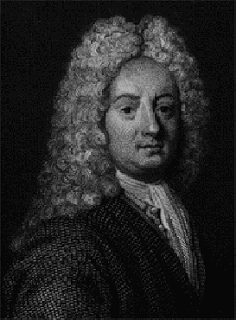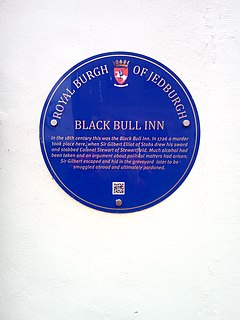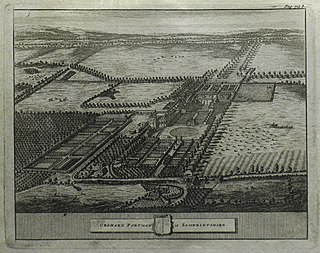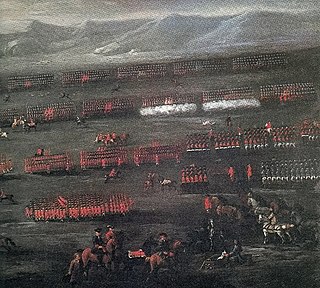John Carnegie (c. 1679/80 – by May 1750) of Boysack, Angus was a Scottish lawyer and politician who sat in the House of Commons from 1708 to 1716 when he was expelled for supporting the Jacobite rebellion.

Boysack is a village in Angus, Scotland, four miles north of Arbroath.

Angus is one of the 32 local government council areas of Scotland, a registration county and a lieutenancy area. The council area borders Aberdeenshire, Dundee City and Perth and Kinross. Main industries include agriculture and fishing. Global pharmaceuticals company GSK has a significant presence in Montrose in the north of the county.
Carnegie was the eldest son of John Carnegie of Boysack and his wife Jean Fotheringham, daughter of David Fotheringham of Powrie, Forfar, Shire Commissioner in the Parliament of Scotland. He had succeeded to the estate of his father by 1683. He was educated at Marischal College from 1696 to 1698 and at the University of Leyden in 1700, aged 20. In 1703, he was admitted as an advocate. He married Margaret Skene, daughter of James Skene of Grange and Kirkcaldy, Fife on 6 November 1707. [1]

Marischal College is a large granite building on Broad Street in the centre of Aberdeen in north-east Scotland, and since 2011 has acted as the headquarters of Aberdeen City Council. However, the building was constructed for and is on long-term lease from the University of Aberdeen, which still uses parts of the building to house a museum and for ceremonial events. Today, it provides corporate office space and public access to council services, adjacent to the Town House, the city's historic seat of local government. Many Aberdonians consider Marischal College to be an icon of the "Granite City" and to symbolise the zenith of Aberdeen's granite-working industry.
At the 1708 general election Carnegie was returned as the Member of Parliament (MP) for Forfar, the county's first representative to the House of Commons of Great Britain. He was returned again for Forfar at the 1710 general election and in 1713. In 1714 he was appointed Solicitor General for Scotland but was only in post for 6 months. [1] At the 1715 general election, he was returned as MP for Forfar. He took part in the Jacobite rising of 1715, for which he was expelled from the House of Commons in 1716. [2]
Forfarshire was a county constituency represented in the House of Commons of Great Britain of the Parliament of the United Kingdom from 1708 until 1800, and then in the House of Commons of the United Kingdom until 1950.

The House of Commons of Great Britain was the lower house of the Parliament of Great Britain between 1707 and 1801. In 1707, as a result of the Acts of Union of that year, it replaced the House of Commons of England and the third estate of the Parliament of Scotland, as one of the most significant changes brought about by the Union of the kingdoms of England and Scotland into the Kingdom of Great Britain.
Carnegie died by 14 May 1750. He had two sons, and his elder son was served as heir.







